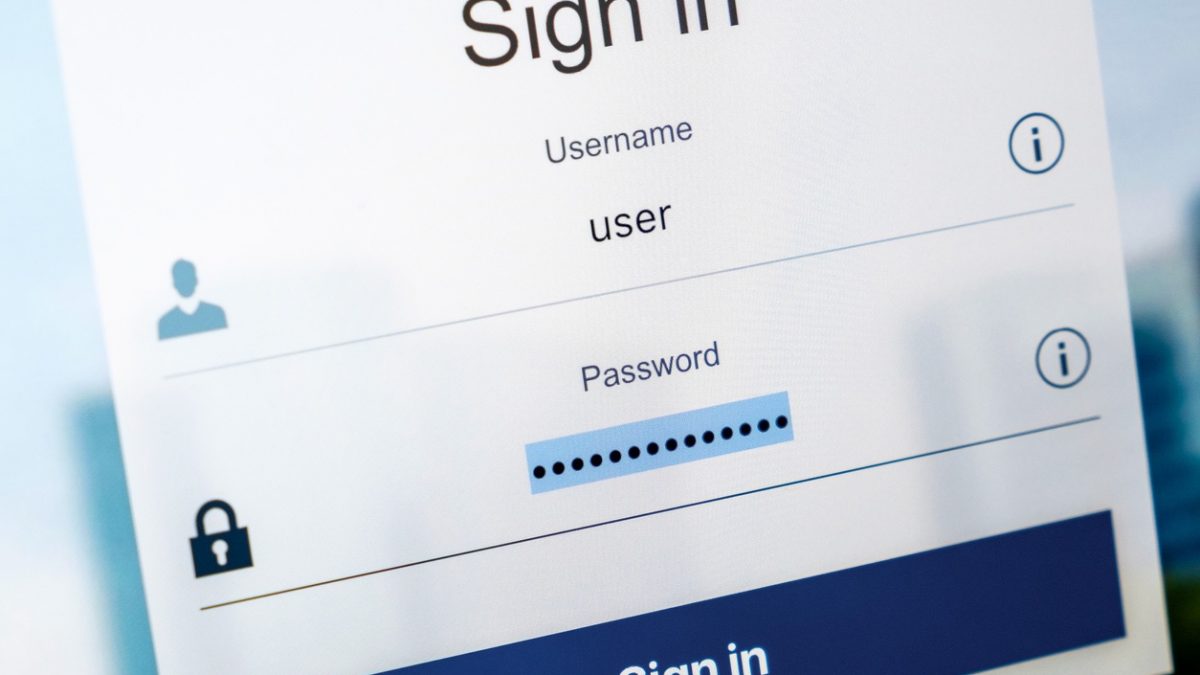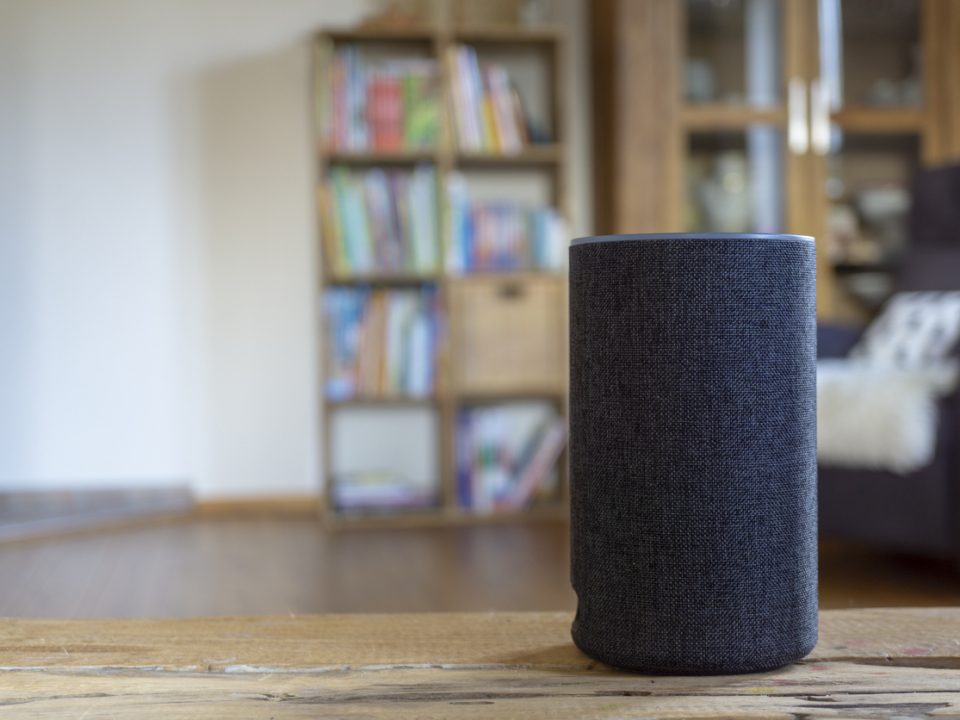
Finding Your Tunes with Streaming Music Services
January 2, 2019
Mobilize Your Money with Mobile Banking
May 10, 2019Unfortunately, online security intrusions are becoming more commonplace in today’s world and boomer women, just like everybody else, need to consider the safety of their online identity.
Most often it’s not something you do wrong, but something your doctor, insurance company, government agency, social media service, or credit card company do wrong that results in a data breach, exposing your personal information to the dark web.
Building Better Passwords
Most folks are wary of articles such as this because they cling to the belief that they should hold all their passwords in their heads. They also don’t want to be bothered to learn what it takes to be secure.
It’s an outdated notion to think you should be able to remember passwords. Beyond that, it is just plain not safe to do so because it means you aren’t composing your passwords to meet the security needs of today’s world.
The best way to keep your data safe is by using complex passwords, that are different for every online account you have. “Complex” means a random string of upper- and lower-case letters, numbers, and symbols that are at least 12 characters.
Hackers are not randomly guessing what your passwords are; they have very sophisticated algorithms that are continually working on hacking online accounts. It isn’t easy to outsmart them, but there are ways to protect yourself.
Three Password No-No’s
You should be aware that there are certain password practices you should stay away from.
Unique Passwords
Never reuse a password between multiple accounts. Every password should be unique, meaning you can’t use milothedog1, milothedog2, 2milothedog, etc.
No Word Passwords
Never use a password which contains words that are in the dictionary. Hackers load their programs with dictionaries, including slang dictionaries, urban dictionary, and the scrabble dictionaries. If whole words are used in a password, it can be hacked.
Scrap Word Combinations
Never use a combination of words like badgersaremycollegemascotandilovewisconsin. Even though it’s long and hard for the human eye to decipher, it’s made up of simple words in the dictionary.
No doubt, this advice runs contrary to others who claim that long, random strings of words are a good tactic. I disagree wholeheartedly, and the security experts I respect concur.
Passwords should be randomly created (so that it isn’t memorable) and not associated with things in your life.
Put Your Passwords in a Vault
If you aren’t supposed to be able to remember your passwords what is the best way to manage them? The answer is a password management app.
I am always getting the question: “Can’t the hackers just break into those apps too?”
Here again, the surety of such an app will depend on your overall security. Is your device protected by a long passcode (eight or more digits) or a complex password to thwart attacks? Is the password used to open the password management app secure, following the parameters discussed above?
Password management apps are engineered like a vault. They are built for resistance to hacking behavior and continuously updated with the newest measures to combat the bad guys. If they were easily breached, they wouldn’t be in business or earn recommendations from the security experts.
I would compare these apps to banks. We keep our money stored in banks because we trust that they will keep it safe. Although nothing is 100% perfect, it’s your best option for keeping your valuables protected.
Five Benefits of Using a Password Manager
- They harass you and help you change passwords if multiple accounts use the same password.
- They offer a random password generator tool that creates complex passwords for you.
- They alert you if a data breach occurs that may impact any account stored in the app.
- They are built to work interactively with browsers and apps to seamlessly fill in credentials (your username and password).
- The data can be synchronized in the cloud to ensure you have your passwords on every device you use.
A couple of the top password managers, 1Password and LastPass, are both worth checking out. I highly encourage you to take the time to do your research and start using something to protect your data and identity.
(This article was originally posted on Sixty and Me)






